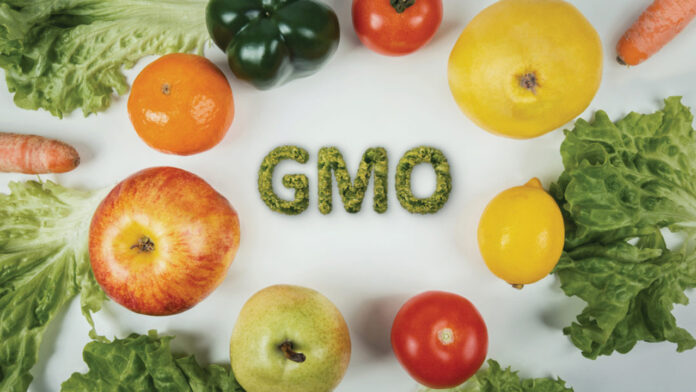Written By Lisa Nyambura
The Kenyan government has unveiled new guidelines to regulate the rearing, importation, and trade of genetically modified organisms (GMOs).
This follows the High Court’s landmark decision on November 7, 2024, to lift the long-standing ban on GMOs.
In a notice issued on Tuesday, the National Biosafety Authority (NBA) emphasized that individuals and organizations intending to deal with GMO products must obtain prior approval.
The procedures are detailed under the Biosafety Act, 2009, which governs all GMO-related activities to ensure safety for human health, animals, and the environment.
Violators of these regulations face hefty penalties, including fines of up to Ksh 20 million, ten years in prison, or both.
The NBA also announced that application processes are accessible on its official website and the E-Citizen platform.
The lifting of the GMO ban has sparked nationwide debate. Proponents view the move as a pathway to boosting food security and combating pests, citing successful trials of Bacillus
Thuringiensis (BT) cotton, maize, and cassava. Critics, however, caution against potential environmental and health risks.
As Kenya enters a new chapter in agricultural innovation, the government aims to balance advancements in biotechnology with stringent safety measures.



















